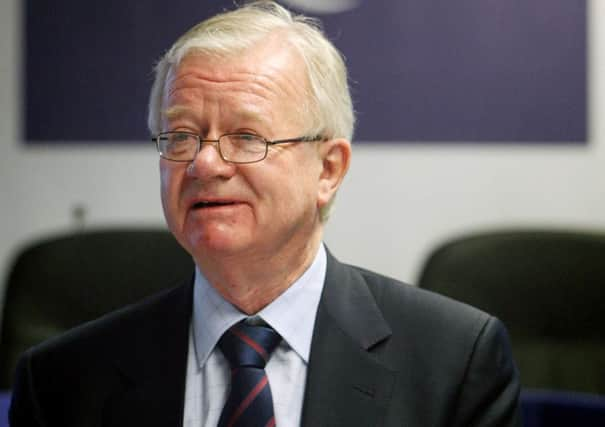Leaders: Chilcot – justice delayed is justice denied


Patience was exhausted some time ago, giving way to frustration and resentment. When we are told progress is significant, this upbeat assessment is taken with a pinch of salt. The last evidence was taken in February 2011, and the inquiry was to report within months. But four and a half years later, Sir John Chilcot cannot commit himself to a date when his report will eventually see the light of day. It is hard not to feel immense sympathy for those bereaved families who want to hear why they suffered tragic loss in Iraq. The delay has added insult to injury, with the possibility of closure remaining painfully elusive. And for some, the inquiry’s findings will come too late.
It is perfectly legitimate for the bereaved, and the public, to have an explanation of what occurred in Iraq and what caused it. What we have found during this process is just how difficult it is to hold the government to account over matters as serious as this. If those under scrutiny don’t want to participate, or are prepared to make life difficult for those conducting the inquiry, there is no effective mechanism to force those individuals to co-operate. The impasse places doubts over why the Chilcot Inquiry was set up in the first place, at a cost of £9 million. Was it a device to buy time, and take the sting out of emotions over a conflict that so many objected to, that so many found reason to question over its legitimacy? It is difficult to criticise those who espouse such a theory, because there has been scant evidence that the process has any sense of urgency.
Advertisement
Hide AdAdvertisement
Hide AdNow we have families threatening to take legal action if Chilcot does not report before the end of 2015. It is dangerous to set such a deadline, because few would bet that there will be any progress before the new year, and following through with the threat will see the bereaved incur expensive legal costs. But what else can they do? They have been let down badly by the state, and are desperately seeking resolution to let them get on with their lives, which in so many cases have been in turmoil for more than ten years.
The old maxim is that justice delayed is justice denied. It has perhaps become a cliché, overused by those who have been let down by the legal system. But never has it rung more true than in the case of 29 families left with no option but to issue a legal ultimatum to force a public inquiry to report to the public.
Give children a sporting chance
The television set used to be every parent’s guilty secret. Exhausted, or in need of ten minutes of peace to make an important phone call, the resident childminder in the corner would look after the kids for a spell. No-one pretended that staring at the box was good for children, but we would console ourselves that if this exposure allowed the adults time to recharge or regroup, the children would ultimately benefit.
Television was dangerously addictive, we were told. Not half as addictive, it turned out, as what was to come next, as the large screen was usurped by smaller versions in the shape of hand held gaming devices. These gadgets have much to answer for, such as contributing to rising obesity levels, and now Judy Murray has highlighted another legacy – the loss of simple co-ordination skills which are essential for sport participation, denied to those who are more interested in games played sitting down rather than getting up, out and about. A generation is growing up with highly co-ordinated thumbs, but unable to catch a ball.
Judy encouraged sons Andy and Jamie to be physically active when they were children, with remarkable results it has to be said, and has long campaigned to get children more involved in sport. She has virtually assumed the role of sporting ambassador in Scotland, and her dedication to the cause is to be applauded. But she can’t do it on her own. Parents have to take up the cause and encourage their own children to get off the sofa and get active.
What chance of Scotland ever producing another Andy Murray, if our children don’t know how to hold a tennis racquet?